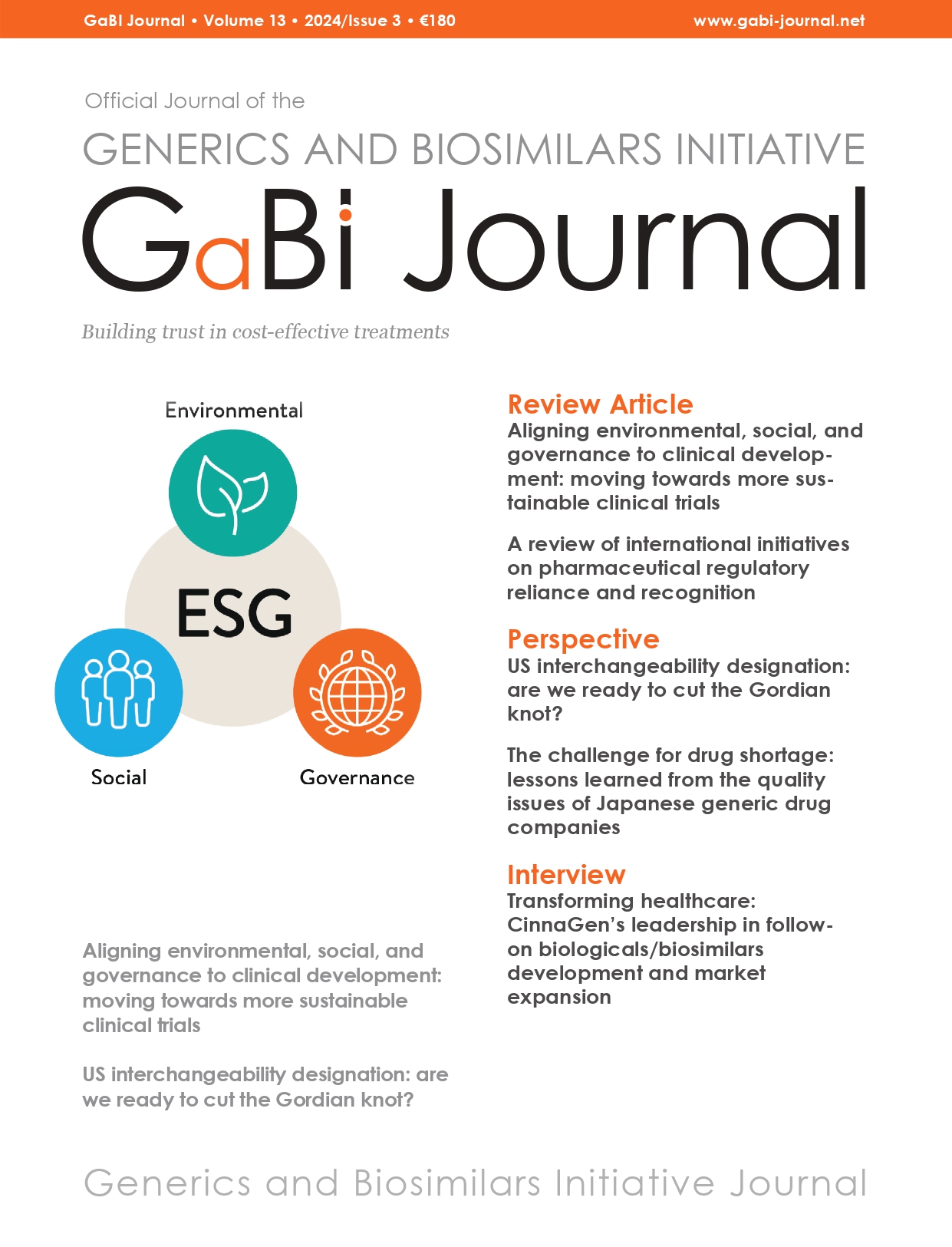Impact of breast cancer generics in Europe
Published: 2016/11/14
Breast cancer generics can increase patient adherence and reduce healthcare budgets for European countries, according to a report by the Germany-based Institute for Healthcare and Social Research (IGES).
Breast cancer is the most common cancer in women both in the developed and less developed world. It is estimated that worldwide over 508,000 women died in 2011 due to breast cancer.
Hormone receptor-positive (HER+) breast cancer includes about two thirds of all breast cancer cases. For this indication, there are two main types of therapies: Selective Estrogen Receptor Modulators (SERMs), e.g. tamoxifen; and Aromatase Inhibitors (AI), e.g. anastrazole, letrozole and exemestane. Generics competition for SERM began in 1985, but for AI this only started in 2011. AI and tamoxifen have been found to be equivalent in terms of overall survival.
A study by Hershman et al. (2014) for patients in the US found that adherence was positively associated with generic AI use (odds ratio = 1.53, 95% CI = 1.22–1.91) compared with brand-name AI. The study also found that adherence was inversely associated with increased monthly co-payment. In addition, adherence was associated with a high annual income of more than US$100,000 per year.
When considering cost-effectiveness, a study of generic endocrine therapies in Germany yielded a decline of incremental cost per quality-of-life year (QALY) compared with tamoxifen ranging from almost 30% (with 25% price reduction) to 87–89% (with 75% price reduction).
In conclusion, breast cancer generics can increase patient adherence depending on co-payments and income, while also being cost-effective for governments and payers.
Related articles
Impact of antidepressant generics in Europe
Impact of hypertension generics in Europe
Impact of generics on European budgets
Generics market share in Europe
Generics reduce costs and increase access
Source:EGA
Source: www.gabionline.net


